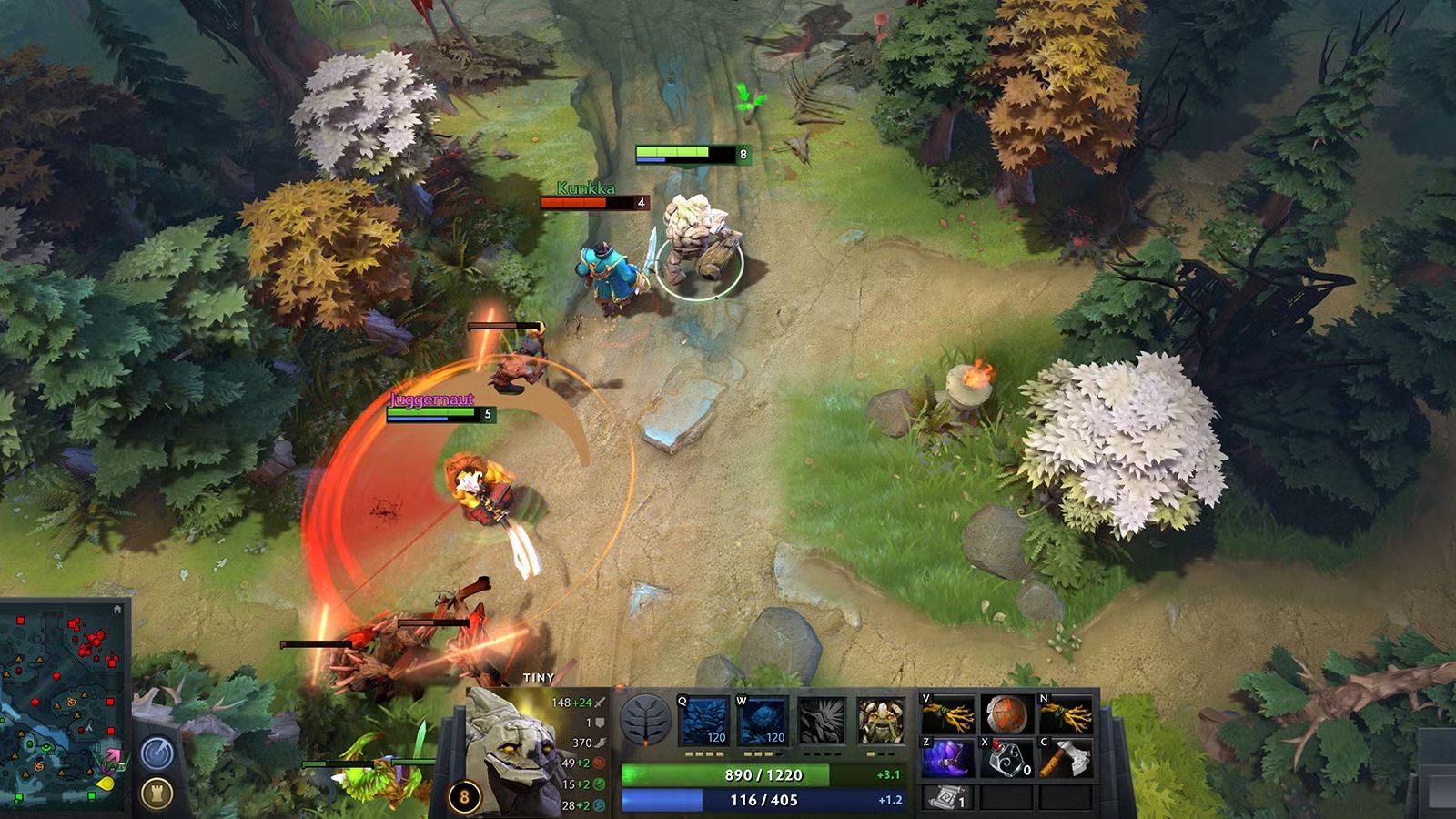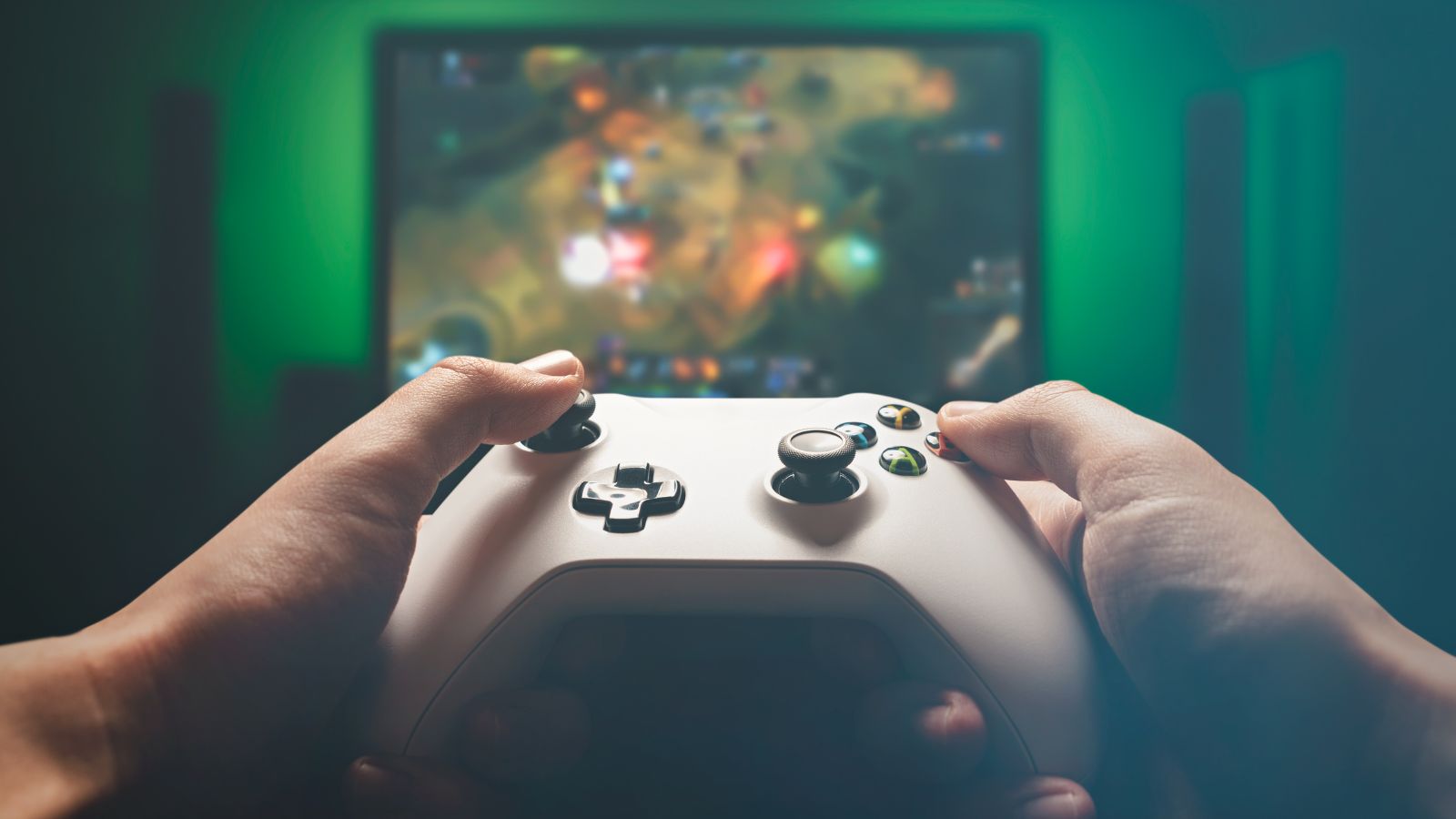There are many debates in the world of video games, one of which is the debate between multiplayer and single player gaming. Players argue about both gaming preferences and the impact on mental health and well-being. As more and more gamers turn to video games for stress relief and entertainment, the psychological implications of each type of gaming style are becoming more acute.
In this article, we’ll take you through the mental health impact of both multiplayer and solo video game play, diving into their respective benefits, challenges, and the scientific knowledge of how they affect the human psyche.
Social Connection And Communication In Multiplayer Games
One recognized good thing about multiplayer games is they allow for social interaction. Whether players are joining forces in cooperative missions or competing against each other in intense matches, multiplayer games offer a platform for communication, teamwork, and camaraderie.
The type of social activity present in video games can directly influence and improve mental health. As you may have read in the cs2 tournament, competitive gaming can increase IQ and influence and players’ ability to communicate. This is best seen in team-based games (Dota 2, CS2, or LoL), where players have to cooperate and strategise to win. This type of gameplay can lead to the development of trust, empathy, and a sense of belonging.
However, not all interactions in multiplayer games are positive. Players often exhibit toxic behaviour and even threaten each other over mistakes in matches. Such negative experiences can lead to stress, anxiety, and even avoidance of multiplayer environments altogether. Therefore, to use it effectively, you should choose the right multiplayer game and play better in a team with friends.

Emotional Regulation And Immersion In Solo Gaming
While multiplayer games thrive on large numbers of players and constant updates, single-player games only need to offer a great level of immersion once. The independent experience that they offer can serve as a form of emotional regulation and have a positive impact on the emotional state of players. When people participate in a single-player game, they don’t have to rush, worry about the outcome, and can simply enjoy the game environment.
This sort of gaming can help those suffering from anxiety, depression, and high stress. The American Psychological Association states that single-player games facilitate the processing of inner emotions in a safe environment to self-reflect and explore solutions to their problems. In multiplayer situations, players are pressured for quick decisions and social coordination, but solo games allow players to work at their own pace without pressure and with full control over the outcome.
Moreover, solo games like RPGs or exploration-based titles promote a sense of autonomy and achievement. These psychological rewards—when experienced consistently—can improve mood, boost self-esteem, and contribute to long-term mental resilience.
Competitive Environments And Stress Response
Competitive elements can find their way into multiplayer and solo games alike, though the stress response they trigger may differ in intensity. In turn-based multiplayer gaming, the atmosphere is perceived as increasingly competitive when the player must perform well in real time in front of others. This environment creates a heightened sense of arousal and stress, especially during ranked matches and tournaments.
For some people, gaming stress acts as a motivator and even enhances concentration, contributing to a state of flow, in other words, a deep immersion experience. The most famous competitive games, especially Counter-Strike 2, create moments of high activity and dynamism that require the player to be fully focused. Being in high-pressure scenarios without appropriate coping strategies can lead to burnout, irritability, and poor mental well-being.
As we mentioned above, single-player games allow players to participate without competition and play as they wish. Challenges can be completed whenever you want and on your own terms, strategies can be adjusted, and failure has no social consequences. This type of experience is simpler and is perfect for newcomers to the gaming industry.
Personality Traits And Individual Mental Health Needs
The impact of multiplayer versus solo gaming on mental health also depends heavily on individual personality traits and psychological needs. For instance, extroverted players will be seen in social settings mostly drawing their energy and motivation from interaction with other players. Such people would consider multiplayer games as projections of their real-world relationships helping them in feeling connected and positively satisfied.
Introverts, or otherwise socially anxious individuals, may find solo play more beneficial to their mental health. They find a space to relax and recuperate without the pressure of socialising.This is not to say that these types of players cannot enjoy multiplayer games, and may want to switch genres from time to time.
Additionally, those coping with trauma or emotional stress may find solo games that focus on storytelling particularly healing. Take Journey, Celeste, or Gris, which are known for their emotional storytelling and exploration of psychological themes that are important in real life. By gaining such experience, players undergo a kind of art therapy that promotes emotional release.

Conclusion
Weighing up all the evidence, we can conclude that there are mental health benefits to multiplayer and solo games. In reality, neither genre is superior, but rather their effectiveness depends on the context, the individual, and the use. Competitive gaming in most cases offers valuable social interaction and communication with like-minded people, but these environments are still full of toxicity and competitive stress that can be harmful to players’ mental health.
Instead, single-player games provide autonomy, self-observation, and emotional immersion that distracts players from many factors. This genre offers a quieter, more personal form of gaming that is well suited to those seeking mental recovery or emotional processing. Ultimately, it’s up to you to choose whether multiplayer or solo gaming is best for you.
